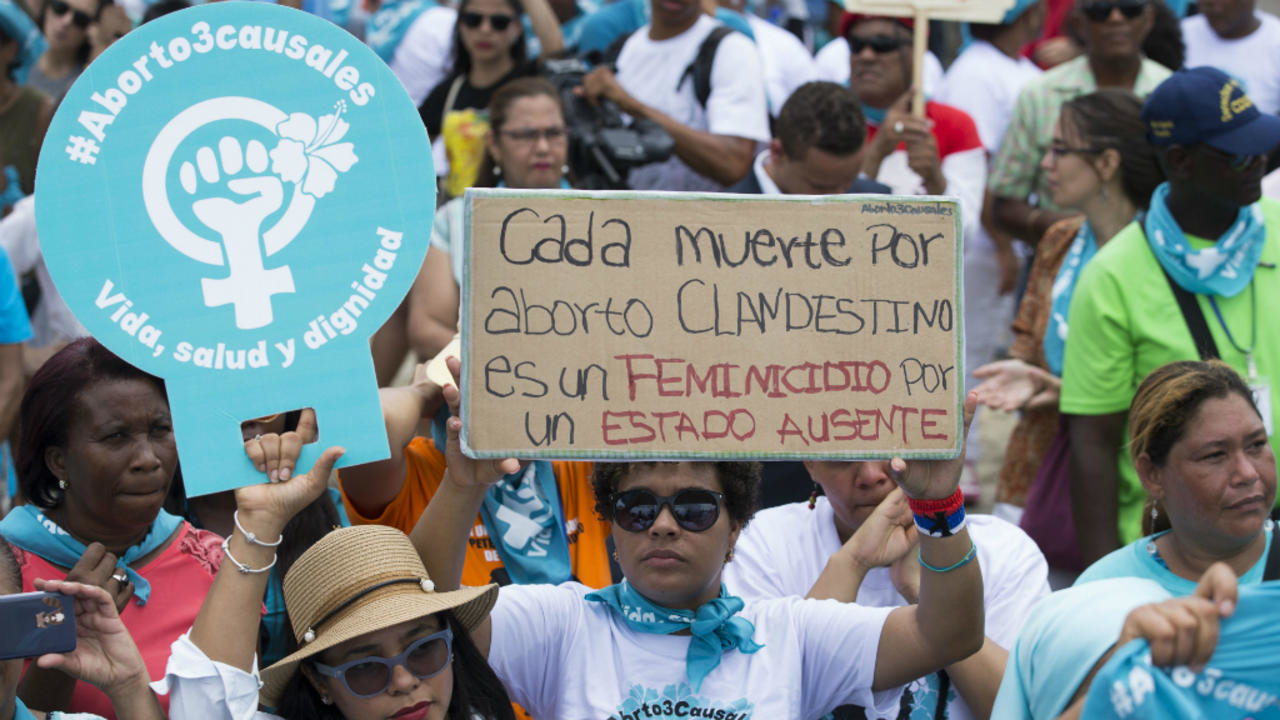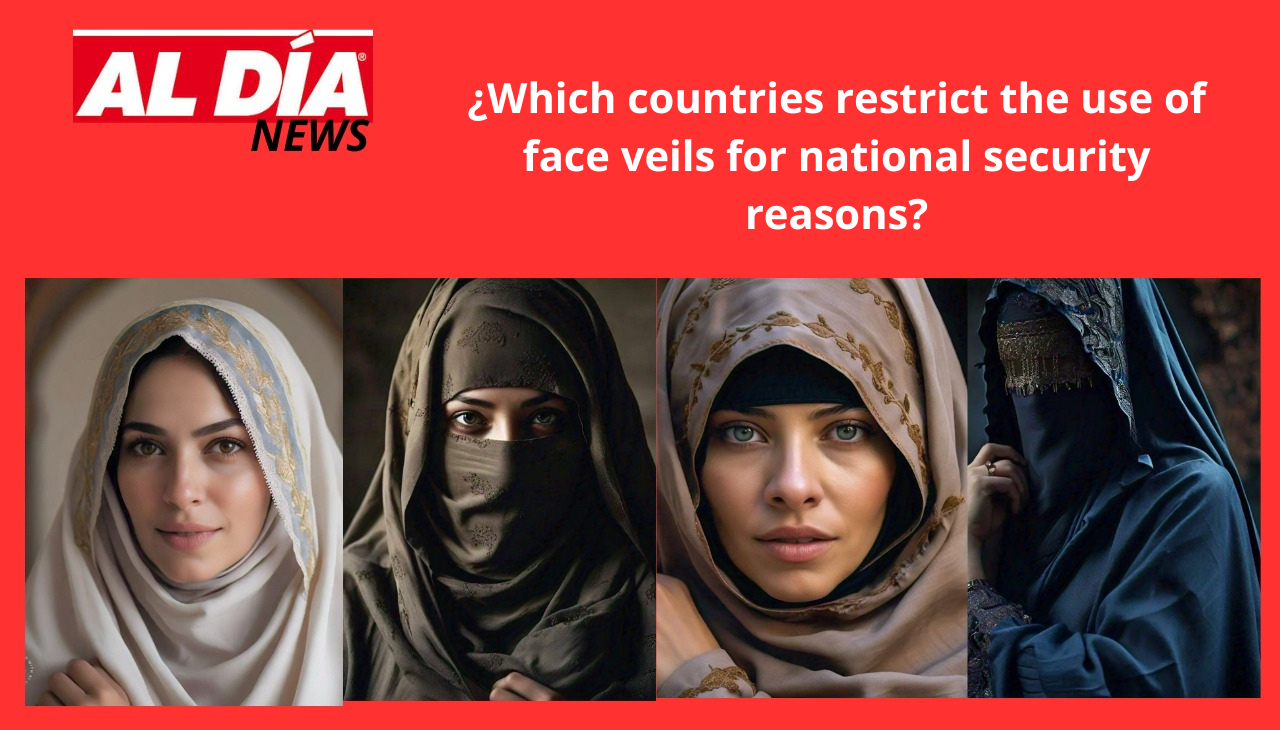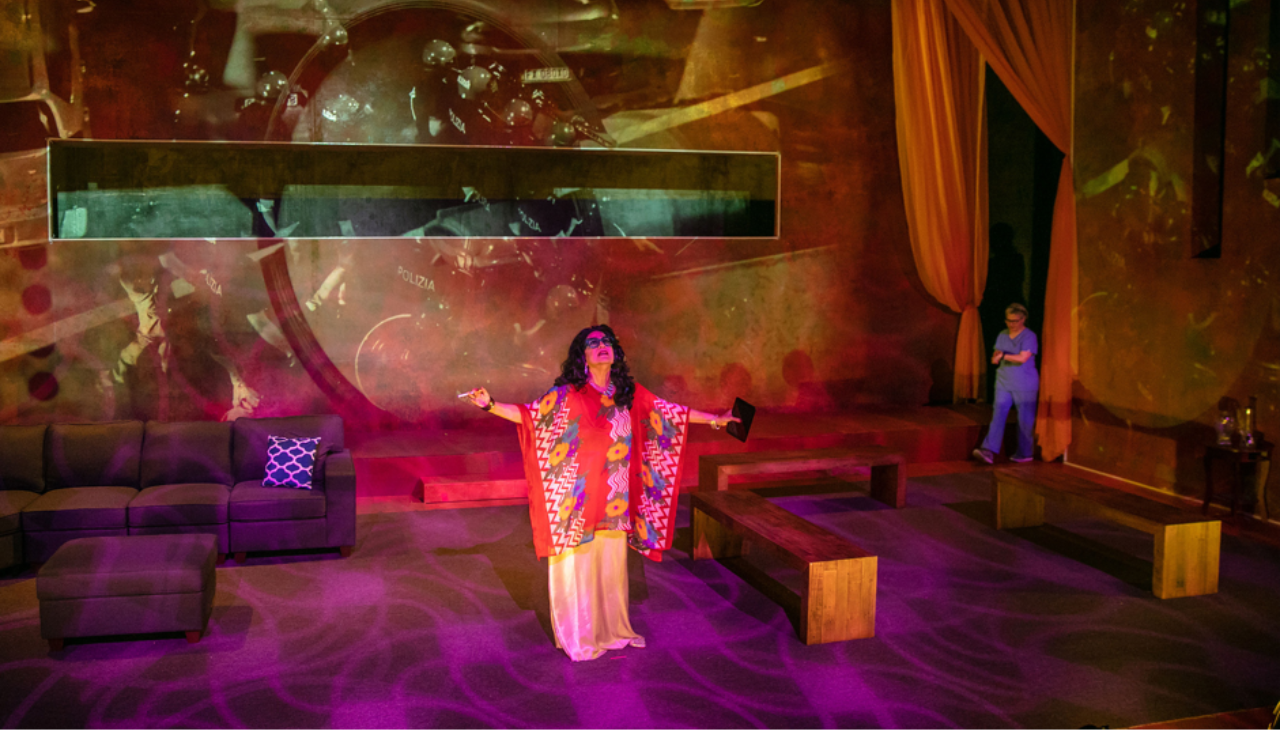
Dominican Republic on the way to amend its legislation to decriminalize abortion
This week in the Dominican Republic, legislation is being debated to decriminalize abortion when a woman's life is in danger, her pregnancy is not viable, or…
After Argentina's historic decriminalization of abortion in late 2020, the Dominican Republic could follow suit and revise its total ban on abortion as the nation's congress prepares to vote on the legislation.
There are four countries in the region where abortion is illegal in any situation. The Dominican Republic is one of them, in addition to Honduras, Nicaragua, and El Salvador.
Clandestine abortions, whether we admit it or not, are a reality in the world, as well as a reminder that the lives of poor women are always more susceptible to death. Maternal mortality in the Dominican Republic has increased in recent years, and it is estimated that incomplete and spontaneous abortions cause 8% of these deaths. Tens or hundreds of women die each year in the country due to clandestine and unsafe abortions.
The total abortion ban was first implemented in the Dominican Republic in 1884, and activists fear that their own government condemns the country's women to live in the Middle Ages. We are one of the few countries in Latin America that still maintains the absolute criminalization of abortion, neglecting fundamental rights such as the right to life, health, and dignity of girls and women, that is, more than half of the population," said Rodriguez, who also introduced legislation banning child marriage.
Dominican reproductive rights activist and associate director of the Center for Women's Equality, Natalia Mármol, told The Independent, "With the total ban on abortion in the Dominican Republic, many women with high-risk pregnancies have no choice but to face death, we are forced to carry to term a pregnancy that will not give life, and we are forced to keep a pregnancy that is the product of a crime on our bodies," who has been fighting for years for the recognition of these basic rights alongside the women's movement in the Dominican Republic.
RELATED CONTENT
The Pan American Health Organization states that the Dominican Republic has the highest teenage pregnancy rates in Latin America and the Caribbean. Three out of every ten women between the ages of 15 and 19 living in the lowest income households are mothers.
Abortion law reform would allow the procedure when the woman's life is in danger; her pregnancy is not viable, or in cases of rape or incest. Debate on the issue was resumed this week by the Judiciary Committee and is expected to be voted on in Congress in the coming days.
With the endorsement of the president and a large part of Dominican society in favor of the three exemptions to decriminalize abortion, Dominican government leaders are expected to legislate in favor of women's health and lives in this country.
Throughout Latin America, será ley.











LEAVE A COMMENT:
Join the discussion! Leave a comment.